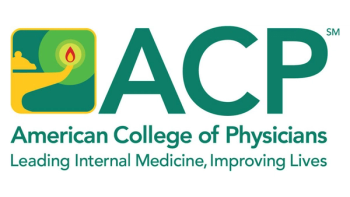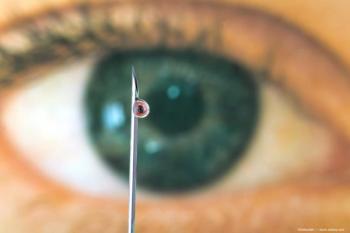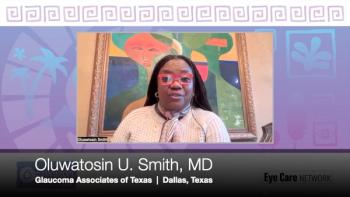
Cataract surgery associated with decreased dementia risk
Cataract surgery can alleviate the risk of dementia in visually impaired patients, especially those who are younger and male.
Korean investigators reported that cataract surgery can alleviate the risk of dementia in visually impaired patients, especially those who are younger and male.1 The first authors of the study, Chaeyeon Lee, MD, and Eunhae Shin, MD, are, respectively, from the Department of Ophthalmology, Samsung Medical Center, Sungkyunkwan University School of Medicine, and the Seoul Nunevit Eye Clinic, both in Seoul, Republic of Korea.
They explained that because advanced age and female sex are widely recognized as risk factors for cataract and dementia, they conducted a retrospective nationwide cohort study to determine the effects of cataract surgery on the incidence of dementia in a Korean population.
All data obtained from Korean National Health Insurance Service were collected from 2006 to 2017. A total of 300,327 subjects who were 45 years of age and older and who had been diagnosed with cataract were analyzed; none had been diagnosed previously with dementia. The relationship between cataract and dementia was evaluated with adjustments for age, sex, visual acuity (VA), ocular and systemic comorbidities, and demographic factors such as body mass index, income, smoking, and drinking.
Multivariate analysis indicated that the cataract surgery group showed a marginal difference in dementia development (hazard ratio [HR], 1.10; 95% confidence interval, [CI], 1.02–1.19]) because both cataract and dementia share common risk factors. A subgroup analysis of men (HR, 0.49; 95% CI, 0.26–0.90]) and patients younger than 65 years (HR, 0.88; 95% CI, 0.79–0.99]) who underwent cataract surgery and had good VA had a significantly lower incidence of dementia.
In commenting on the results, the investigators said,“In our study, cataract surgery in patients with a good VA significantly lowered the risk of dementia in male patients or those under 65 years of age. Cataract surgery should be recommended at an appropriate time, especially in patients with potentially good postoperative vision, such as those with a younger age and a relatively good VA, as it can alleviate the risk of dementia.”
Reference:
Lee C, Shin E, Kim M, et al. The effect of cataract surgery on the risk of dementia: a nationwide cohort study. J Clin Med. 2023;12:6441;
https://doi.org/10.3390/jcm12206441
Newsletter
Don’t miss out—get Ophthalmology Times updates on the latest clinical advancements and expert interviews, straight to your inbox.





























